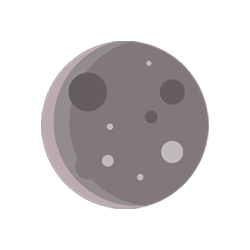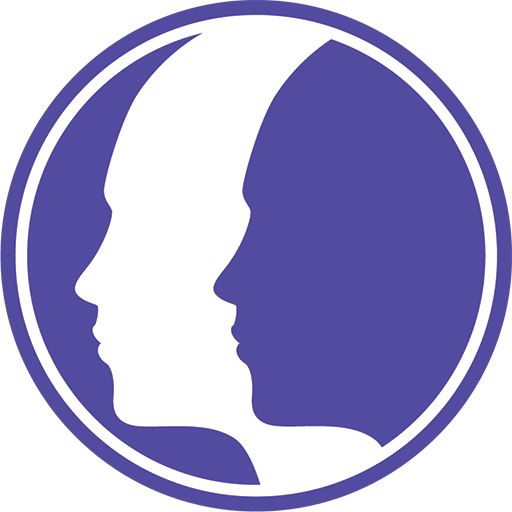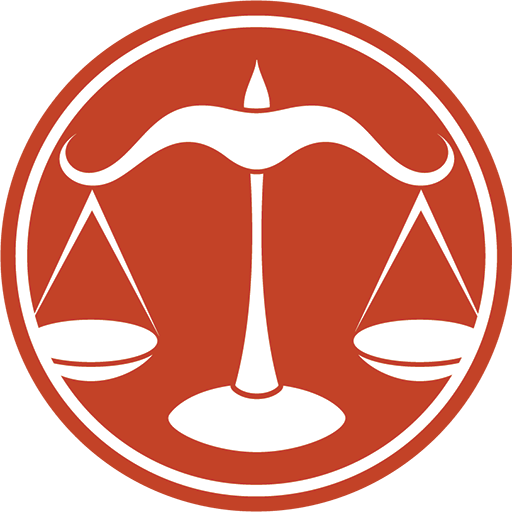 The Moon
The Moon
The Moon in Astrology

The Moon holds a place of profound significance, symbolizing the deepest aspects of our emotional world, instincts, and subconscious mind. Unlike the Sun, which represents our conscious identity and ego, the Moon governs the inner self, our feelings, and our innate responses to life’s circumstances.
The Moon's influence is seen in how we nurture ourselves and others, our instinctive habits, and our sense of security. It is often associated with the mother and the home, reflecting how we experience comfort and care from birth.
Current Position of the Moon
8:23 PM EST (UTC-05:00)
Aspects
The Moon’s placement in an individual's birth chart can reveal much about their emotional temperament and inner needs. Each zodiac sign imparts distinct qualities to the Moon’s expression. For instance, a Moon in Cancer, its natural domicile, suggests a nurturing, sensitive, and emotionally intuitive nature, deeply connected to home and family. Conversely, a Moon in Aquarius might indicate a more detached, unconventional approach to emotions, with a strong need for independence and intellectual stimulation.
Moon Phases
Phases of the Moon also play a critical role in astrology. The waxing and waning of the Moon are believed to influence the ebb and flow of emotional energy and personal growth. The New Moon is seen as a time for setting intentions and new beginnings, while the Full Moon represents a period of culmination, illumination, and often heightened emotional intensity. Understanding these lunar cycles can help individuals align their activities and personal reflections with the natural rhythms of the Moon.
Aspects
Moon's interaction with other celestial bodies through aspects can significantly modify its influence. Harmonious aspects like trines and sextiles can enhance emotional harmony and intuitive abilities, while challenging aspects like squares and oppositions might indicate inner conflicts, emotional volatility, or difficulties in expressing feelings. These interactions provide a nuanced understanding of how an individual navigates their emotional landscape and relates to others.
The Moon in astrology is a mirror reflecting our inner world. It speaks to the unconscious drives that shape our behavior, our deepest fears, and our greatest sources of comfort. By exploring the Moon’s position and aspects within the birth chart, astrologers can gain profound insights into an individual's emotional nature, helping them understand and embrace their true selves more fully.
The Moon in the HousesThe Moon's placement in the houses of the natal chart provides valuable insights into the areas of life where we seek emotional fulfillment, security, and comfort. Each house represents a different aspect of our emotional world, from family and home life to career, relationships, and personal growth. The Moon's position in a specific house influences how we nurture ourselves and others in that area, guiding us to create a sense of emotional well-being and connection.











